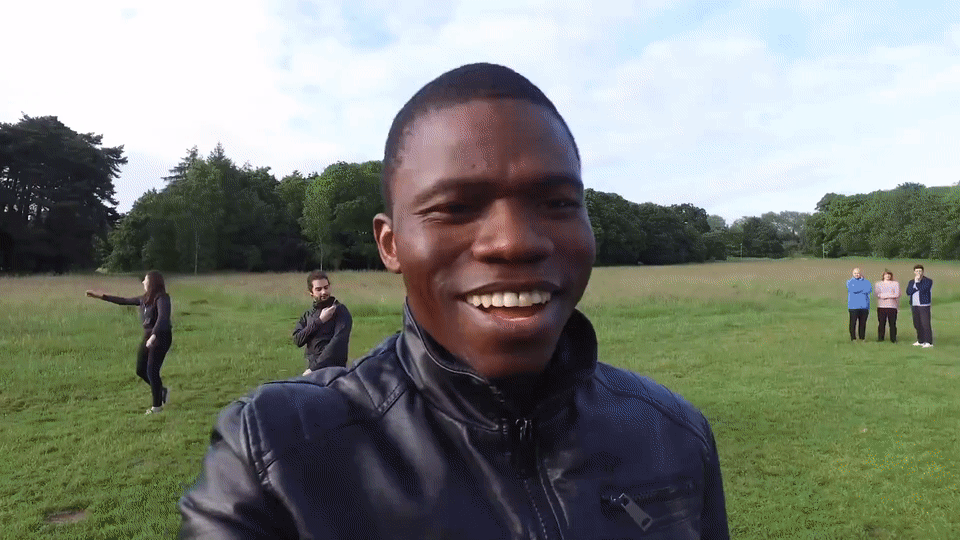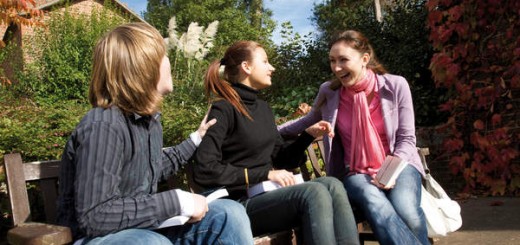Why is daylight saving time important?
It’s been 100 years since the changing of the clocks idea was introduced.
This practice is also known as Daylight Saving Time or British Summer Time.
Discover more about the reasons behind this change and why saving an hour in your day is useful.
Clocks will go back one hour
Look at your phone at 2am on Sunday 30 October and you’ll see something very spooky happening – the time will suddenly go back one hour!

You might think it’s Halloween come early, but it’s actually a practice dating back 100 years.
This change ends British Summer Time
The idea to make it common law came from a man called William Willett.
Believe it or not, he was the great, great grandfather of Chris Martin, the lead singer of Coldplay.

More time to enjoy the day
Before this invention the sun would rise at around 4am in the middle of summer.
William Willett thought that this was a great waste of daylight, given that most people don’t get up until at least 6am.
So he campaigned for everyone to adopt the idea of British Summer Time, which we use to this day.
Changing of the clocks happens in the summer too!
Every year, on the last Sunday of March, we put our clocks forward one hour.
This means that, in the middle of summer, the sun rises at 5am instead of 4am.

Which helps us to make the most of the daylight and enjoy long, lazy summer evenings. Perfect for barbecues!
But if we were to keep the clocks forward hour then, in the middle of winter, the sun wouldn’t rise until 9am. Which would make it very difficult to get out of bed in the morning!

An extra hour in bed
So, on the last Sunday of October, we put the clocks back one hour again.
Lots of people enjoy this chance for an ‘extra hour’ in bed, but it does mean that you might start feeling sleepy a bit earlier. It’s like mini-jetlag!

This year marks 100 years since we started changing the clocks for Daylight Saving Time.
We’re lucky that modern clocks on computers and phones update automatically, so you probably don’t need to worry about being late for your Monday morning lecture. But if you do see a wall clock that seems to be an hour fast, now you know why!
To explore more traditions in the UK, take a look at our newbie’s guide to the UK or weird British Idioms – what do they all mean?
We’re a social bunch here, so connect with us on Facebook, Twitter and Instagram.



